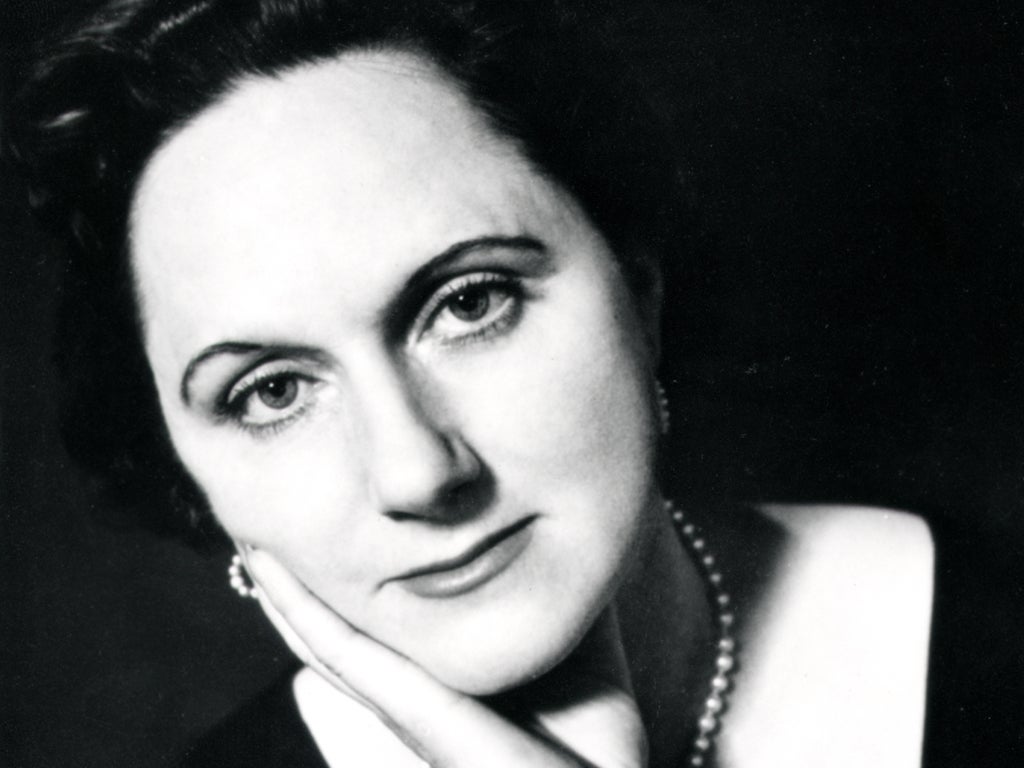Invisible Ink: No 96 - Elizabeth Taylor

Your support helps us to tell the story
From reproductive rights to climate change to Big Tech, The Independent is on the ground when the story is developing. Whether it's investigating the financials of Elon Musk's pro-Trump PAC or producing our latest documentary, 'The A Word', which shines a light on the American women fighting for reproductive rights, we know how important it is to parse out the facts from the messaging.
At such a critical moment in US history, we need reporters on the ground. Your donation allows us to keep sending journalists to speak to both sides of the story.
The Independent is trusted by Americans across the entire political spectrum. And unlike many other quality news outlets, we choose not to lock Americans out of our reporting and analysis with paywalls. We believe quality journalism should be available to everyone, paid for by those who can afford it.
Your support makes all the difference.It must have been odd for a novelist with such a horror of publicity to have to share her name with an opposite.
Elizabeth Taylor felt that her life was not worth bothering readers with. "The whole point is that writing has a pattern and life hasn't. Life is so untidy. Art is so short and life so long. It is not possible to have perfection in life but it is possible to have perfection in a novel."
She came from a quiet, bookish, middle-class family in Reading, was a lifelong Labour supporter and married the owner of a confectionary company. Her uneventful world provided her with the research for novels and short stories about everyday life, and what effortless novels they seem, filled with acute grace notes.
At Mrs Lippincote's was a sensitive portrait of an officer's wife, and must have touched many at the time of its publication, in 1945. It was followed by 11 more novels, including Palladian, which reads like a latter-day Charlotte Brontë.
This most English of writers had the ability to create richly populated worlds. Her plots involve artists and their exploiters, affairs and marriages, small betrayals, intellectual alliances, respectability and disappointment, and fall so naturally into place that they don't feel plotted at all. Of course they are, and this is their beauty, but it has taken a long time for this style of low-key writing to come back into fashion, and Taylor's books are once more appearing on shelves. They're a testament of quality to a woman whose life was considered so devoid of incident that her friend Elizabeth Jane Howard turned down a request to write her biography. Ivy Compton-Burnett described her as looking like someone who had never had to wash her own gloves.
But there may have been more to Taylor than met the eye. Her letters were mostly burnt, but secrets have been hinted at. Certainly, beneath the polished exterior of her prose there's a surprising amount of violence and tragedy. An early taste for melodrama included accidents, suicides and glimpses of sexual cruelty. It wasn't all birdsong and flower-arranging.
Her most peculiar and ambiguous book is The Real Life of Angel Deverell, about an Edwardian lady novelist who becomes a huge success. The joke is that, although sincere, she's a truly appalling writer, and there's a suggestion that Angel is Taylor's alter-ego. Angel was filmed by François Ozon in 2007.
Join our commenting forum
Join thought-provoking conversations, follow other Independent readers and see their replies
Comments